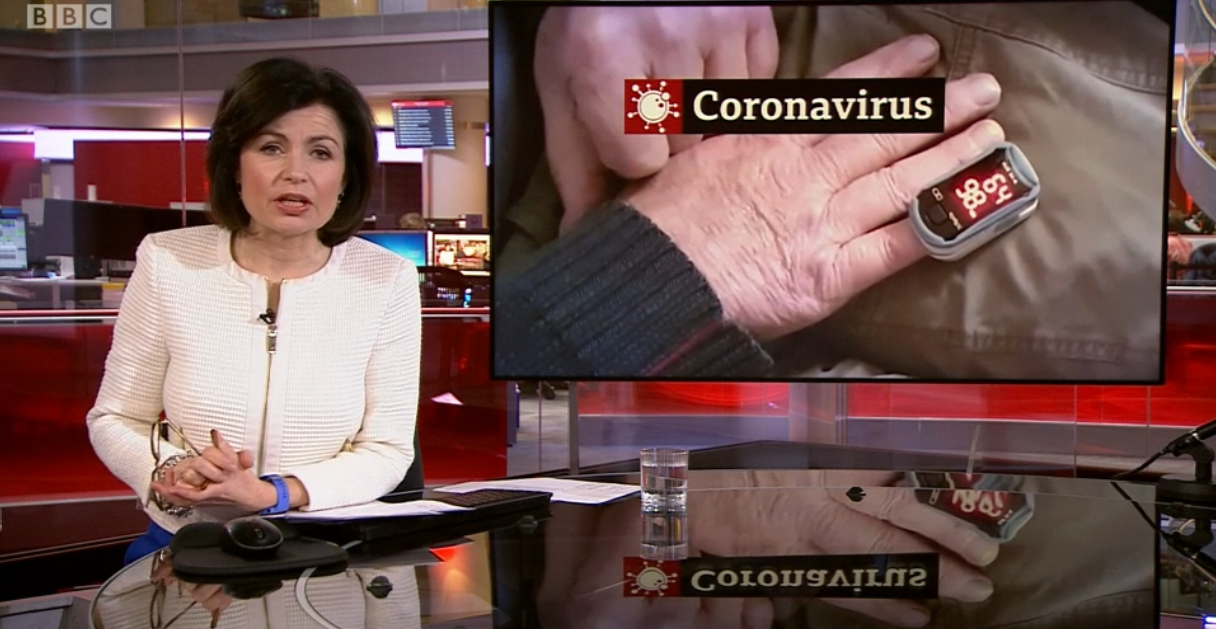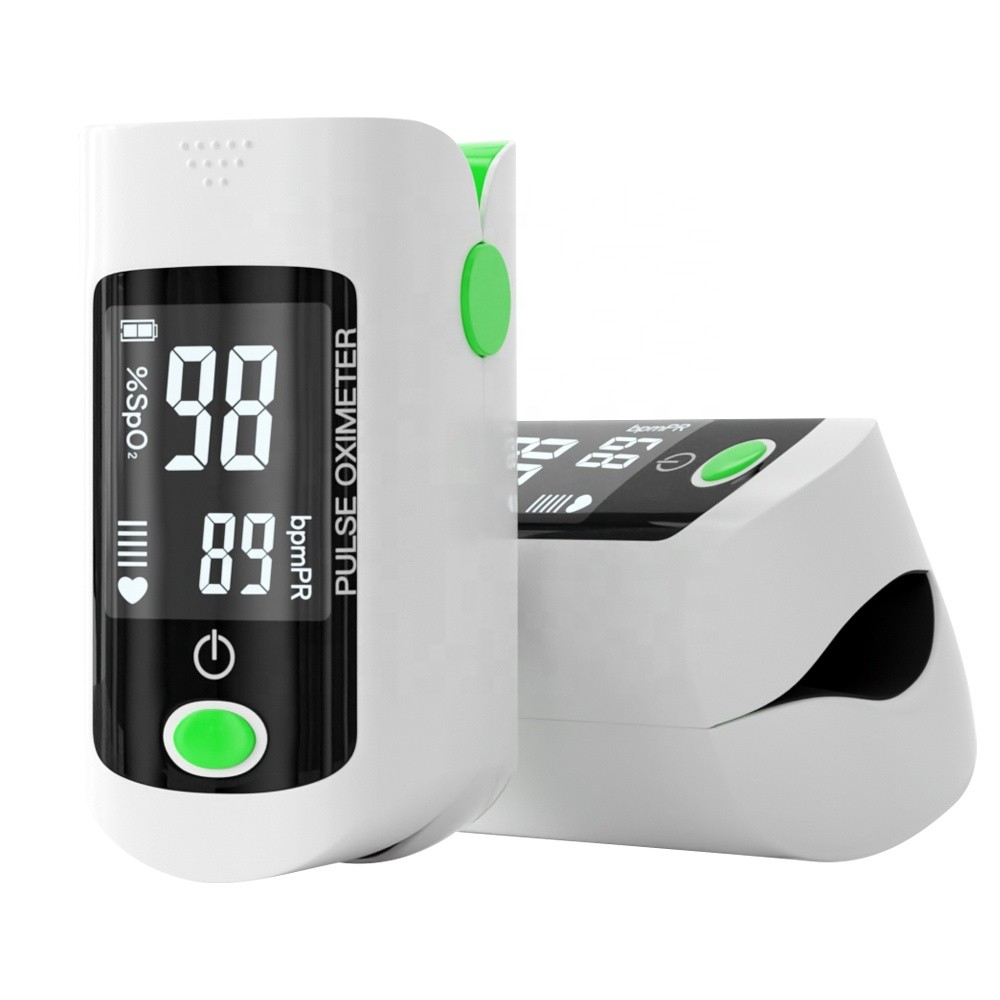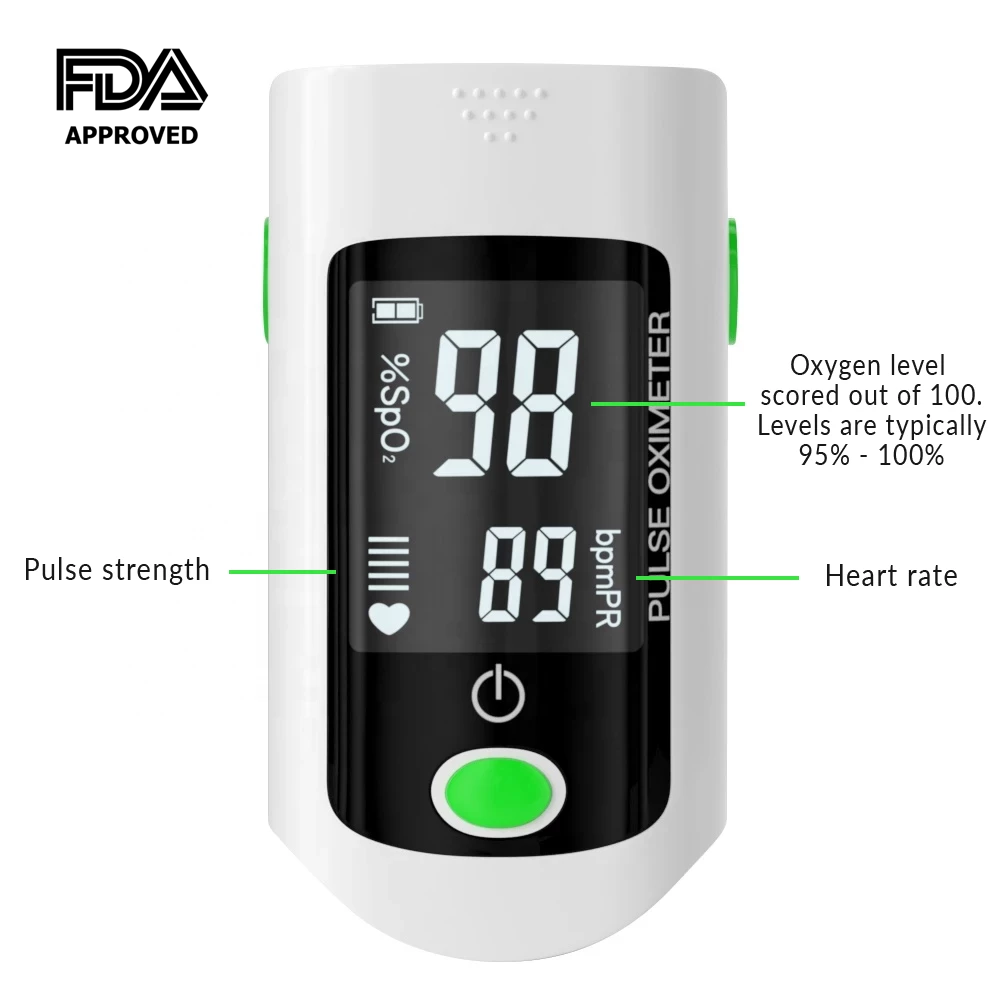The Oximeter: The Covid-19 Device That Can Save Lives
One of biggest dangers of Covid-19 is that it causes levels of oxygen in the blood to drop dramatically and suddenly, without the infected patient noticing.
The condition known as “silent hypoxia” often results in a patient going to hospital too late to be treated effectively and, in some cases, leads to their death.
But a potentially life-saving device, called a Pulse Oximeter, allows patients to monitor their oxygen levels at home in order to catch warning signs of the virus early.
Today, the NHS have advised that everyone should consider buying one of the Oximeters – which cost around £25 and have the potential to save hundreds of lives.
Early Warning System
The Oximeter slips over your finger and shines a light into your body. It measures the percentage of light absorbed in order to make a calculation about the levels of oxygen in your blood.
The normal levels are at least 95% and should the levels drop to 93% or 94%, then people are advised to get in contact with their GP or to call 111. If they go below 92%, people should go straight to A&E or call 999 for an ambulance.
It is thought that being in possession of a device may help to slow to rates of those falling severely ill with coronavirus, as treatment will be accessed as soon as possible, as well as decreasing the amount of patients in need of a ventilator.
Dr Inada-Kim, the NHS doctor behind the Oximetry @Home initiative, explained on BBC news:
“The point of this whole strategy is to try to get in early to prevent people getting that sick, by admitting patients at a more salvageable point in their illness.”

Image Source/BBC News
Where Is Best To Buy A Device?
The small devices – which are recommended by the NHS and approved by the FDA – can be bought from UK Best Deals.
What Does It Measure?
The Oximeter measures your Blood Oxygen Level (this is the measurement that tells you what percentage of blood is saturated.), your Pulse Rate (the heart rate that indicates the number of times a heart beats per minute) and your Pulse Strength (which indicates how accurate the reading is – the stronger the pulse the more accurate the read) for an all-round health check.


